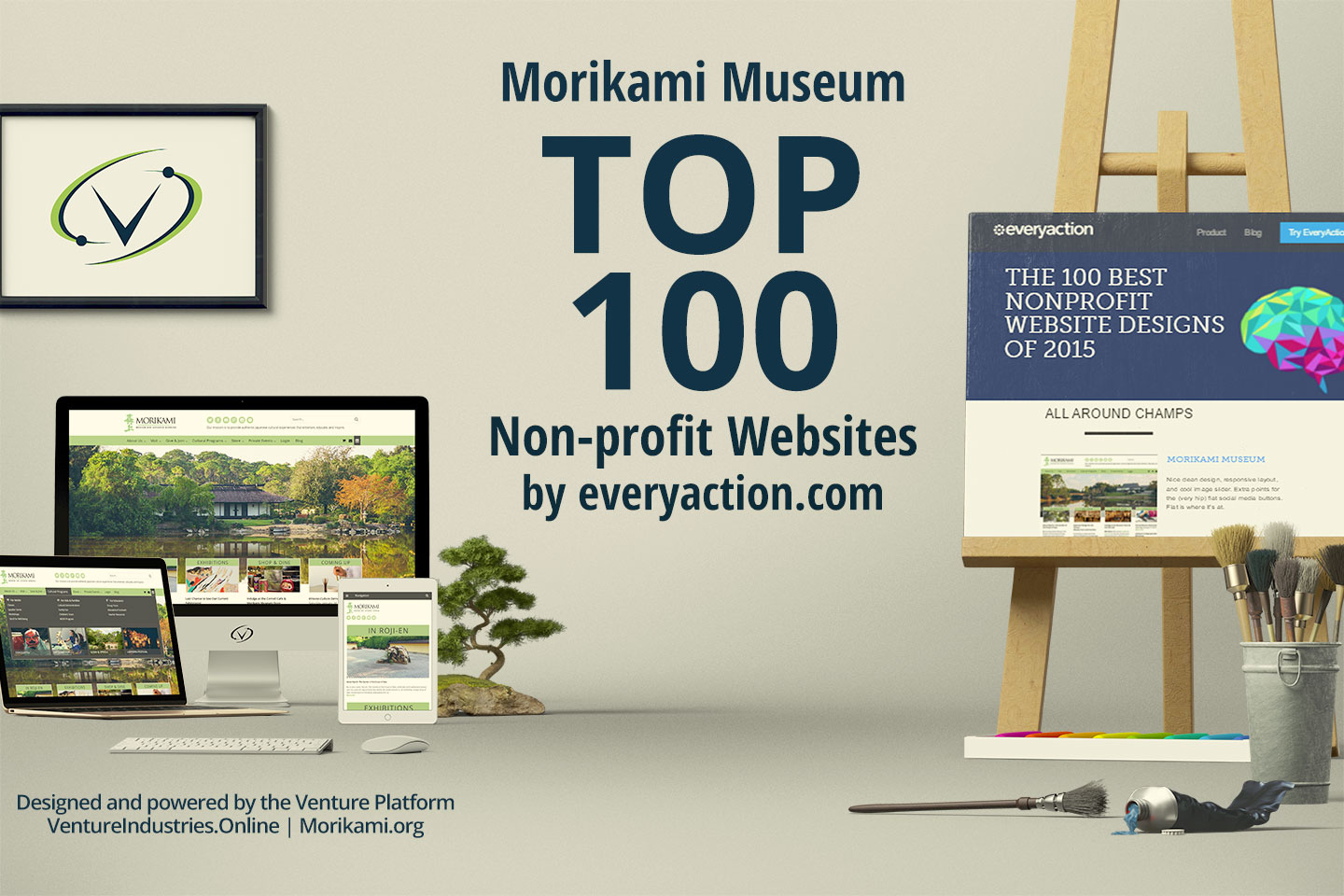 “You might love him or loathe him, but you read him anyway”. That’s about the best way I can describe Norman Lebrecht to anyone that is unfamiliar his writing, and given the fact that he is based in the U.K., not everyone in the U.S. is aware of his distinct brand journalism…
“You might love him or loathe him, but you read him anyway”. That’s about the best way I can describe Norman Lebrecht to anyone that is unfamiliar his writing, and given the fact that he is based in the U.K., not everyone in the U.S. is aware of his distinct brand journalism…
Recently, Norm wrote a piece about the current state of classical music blogs which started off saying:
“Today’s blogs are tastefully styled in designer fonts with picture inserts (not always legally obtained) and a tone that pretends at reasonableness and public interest.”
…and wrapped up with:
“Classical blogs are spreading but their nutritional value is lower than a bag of crisps. Unlike financial blogs, which yield powerful and profitable secrets, classical web-chat is opinion-rich and info-poor. Until bloggers deliver hard facts and estate agents turn into credible critics, paid-for newspapers will continue to set the standard as only show in town.”
Immediately after the above paragraph Norm includes Adaptistration among his “Best of blogs” list. All things being equal, I’m flattered he maintains that opinion of this blog (as well as Polyphonic.org, where I serve as one of the Senior Editors).
I will say he has a point with regard to how most blogs are opinion and/or commentary oriented. In fact, the mandate here at Arts Journal’s Blog Central reads as follows:
“We’ve assembled some of the best writers on the arts and asked them to start blogging on their favorite subjects.”
Since there’s no firm definition of what “blogging” is, I can only speak for myself; but I know that my blog has evolved since its humble beginnings three years ago (in fact, Adaptistration turned three last Friday and I completely forgot about it). Its inaugural month started off as pure commentary, however, that quickly changed with the first Orchestra Website Review. With that endeavor, Adaptistration’s focus expanded to include research.
Not long after that, I began to examine issues within the business in real-time, as they developed. Specifically, a rash of particularly nasty labor disputes opened up an opportunity to examine those events and report details in a way that had never been done before and would have otherwise been passed over in most mainstream media outlets.
With the scope of activity expanding, gathering information and presenting it as any other mainstream media outlet would became an attractive option. However, the really fascinating part of this component is the ability to play around with combining traditional elements of journalism that have been customarily separated: commentary and factual reporting.
Currently, there are several basic types of writing presented at Adaptistration: factual reporting, commentary, interactive discussion, and research based data presentation. Even Since there is no real benefit in putting artificial restrictions on such a new and fluid medium, all of the above components are mixed and matched whenever it seems to be appropriate.
A good example of the sort of traditional factual reporting found in traditional newspapers appearing here at Adaptistration which readers are accustomed to is from 11/07/06, when I published a “factual reporting” based article about the issues surrounding the Atlanta Ballet labor dispute.
I interviewed representatives from the Atlanta Ballet, an officer from the Local Atlanta Musicians’ Union, a musician spokesperson, and the executive director of the Pittsburgh Ballet. Additionally, I obtained and verified information from further sources which were not mentioned in the article.
After the article was published, I sent an email notice to everyone in Atlanta that was quoted in the article so they were aware it was posted. One of the above individuals contacted me to offer some additional detail related to one of their quotes, which I included in an updated version. Representatives from both sides of that issue contacted me to say they were pleased with the article and how it presented their respective position.
At the same time, I’ll likely post additional articles which continue to report factual developments but now that the basic situation has been framed, there’s more room for examining the issues from an editorial perspective.
And here’s where the flexibility of the blogging medium may one day supplant traditional media: interaction. Since traditional writing styles are frequently mixed and matched, taking advantage of the fact that readers can turn any one of those writing styles into an interactive discussion allows each individual article to grow on its own merits; those which strike a chord generate comments, therefore, continuing the discussion and shaping future articles. Think of it like a type of organic journalism.
Regardless of what anyone thinks of the merits behind the traditional editorial oversight at the type of paid-for newspapers Norm writes about, the one thing this medium offers is the opportunity for more sides, and facts, of a story to come out.
For example, in Adaptistration’s “About” section, you’ll notice that the final paragraph is dedicated to explaining the unedited response policy I maintain. This provides the subject of blog posts an unprecedented level of freedom to express their perspective that traditional newspapers do not allow.
Bu and large, I’ve discovered that the majority of mainstream traditional journalists have no problem with bloggers. Without a doubt, I consider one of the many unanticipated consequences from writing this blog is the number of really wonderful relationships I’ve developed with traditional journalists and other classical music bloggers I would have otherwise likely never met. I’m happy to report that I can count on one hand the number of unpleasant encounters I’ve had with full time music critics/journalists and those have been limited to a few narrow-minded individuals that seemingly prefer to live in glass houses.
However, I do think Norm has a point when he says that many music blogs tend to operate more on opinion than fact. At the same time, I don’t see much of a problem with this since there’s nothing inherently bad about expanding cultural discussion: the more of it we have, the better. Furthermore, that commentary based blogging has a very important trait in common with traditional media: if people don’t like the writing, they won’t waste time reading it.
I do feel compelled to point out another one of Norm’s points that is critical in the distinction between bloggers and newspapers journalists: writing for newspapers is a paid endeavor, and unless there’s someone out there I don’t know about, music bloggers don’t pull down a living wage writing their blogs.
In fact, I don’t earn a penny for writing and maintaining this blog (I believe the same is true for all AJ bloggers, but don’t quote me on that). The only revenue I earn is the paltry sum I gather from the single banner advertisement sponsors I’m able to maintain (you can find out how much by downloading the pdf format advertising brochure). I do that simply because it’s a good exercise in maintaining my development skills (try selling space in an untested medium sometime; good times).
I think this gives Adaptistration a much better sense of impartiality; furthermore, to reinforce that sense of impartiality, I do limit who can sponsor certain research projects. For example, individual orchestras are not allowed to sponsor the Annual Orchestra Website Review for obvious conflict-of-interest reasons.
However, let me take a moment to say I’m not against the idea of a foundation taking interest in funding the work I do here at Adaptistration; in fact, if you’re from a foundation and find this idea interesting, contact me.
If nothing else, I think Norm’s article goes a long way toward giving the world of bloggers (even those blogs initiated at many of the mainstream media outlets) a reason to step back and take a look at what they do, how they do it, and why they do it. I’m also glad that he thinks my AJ blogging colleagues Kyle Gann, Greg Sandow, and Terry Teachout all “write fluently and analytically”, which I took to be a compliment. Although not mentioned in Norm’s article (likely because he’s not really a “classical music blogger”) I would also include AJ blogger Andrew Taylor on Norm’s list. Andrew is a superb writer, a sharp mind, and among the few that comprise the tip of the pioneering spear that is cultural blogging.
In the end, I’m just glad that Norm spelled “Adaptistration” correctly.



Congratulations! I remember wandering over to your blog when I was gallavanting to Philadelphia to hear the orchestra during the changeover from Sawallisch to Escehnbach, and loving the tone of your writing and thinking. You deserve a wider audience, as you educate people not necessarily in the business in such an interesting fashion. As well, you give a forum for orchestra members and management to share their experiences. All, very valuable analysis and talk.